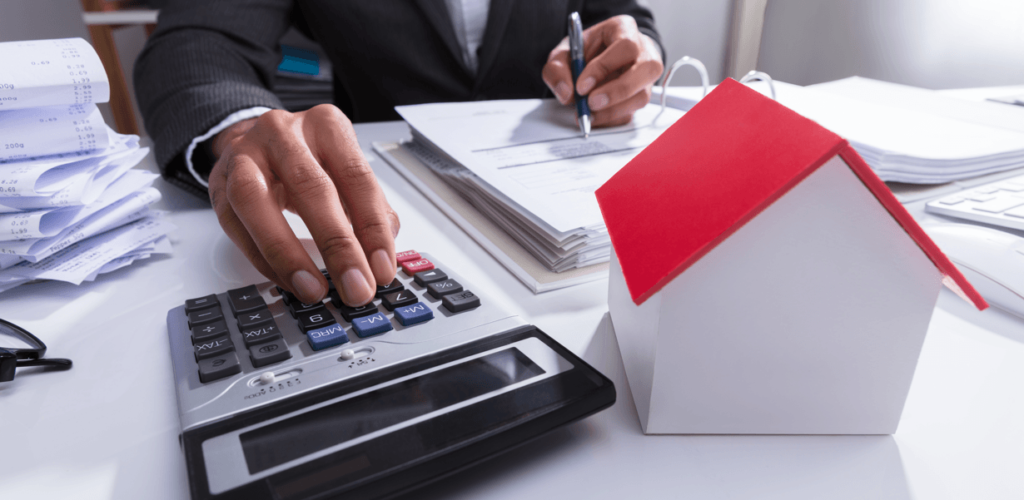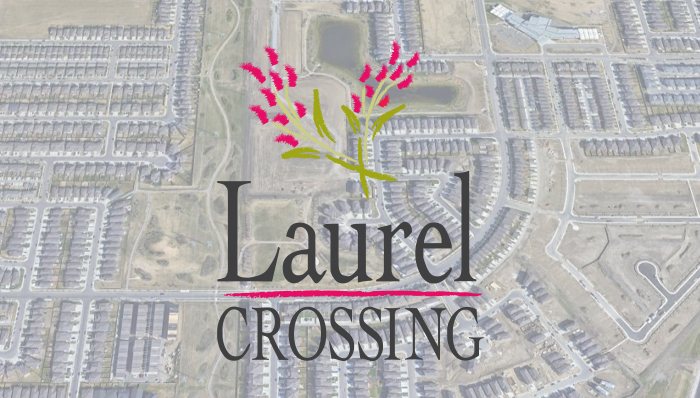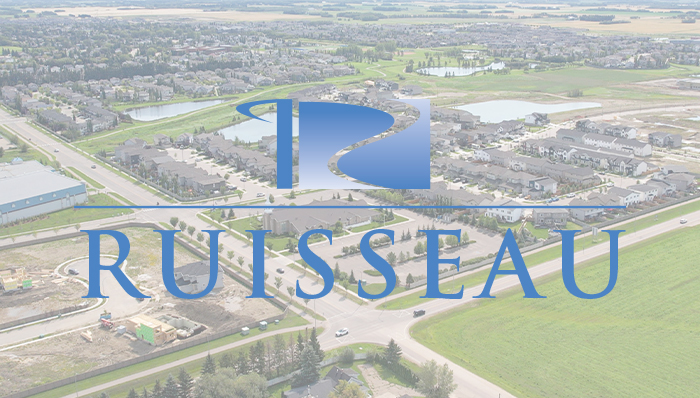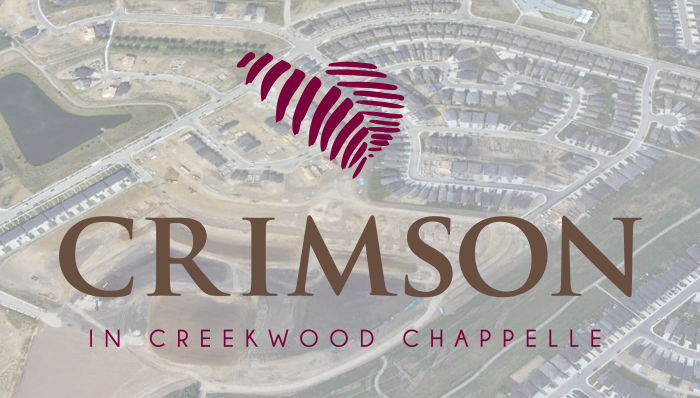You need a minimum of 5% down payment to purchase a home, but you’ve probably heard the more you put down, the better because it will save you more in the long run. In fact, with 20% for your down payment, you don’t have to worry about paying the additional cost of mortgage insurance.
But what if, like most Edmontonians, you fall somewhere in-between? Is it worth it to put down a 15% down payment instead of 5%? What about putting down 11% instead of 10%?
There are advantages and disadvantages to making a larger down payment. So when it comes time to purchase your dream home, here are a few things to consider:
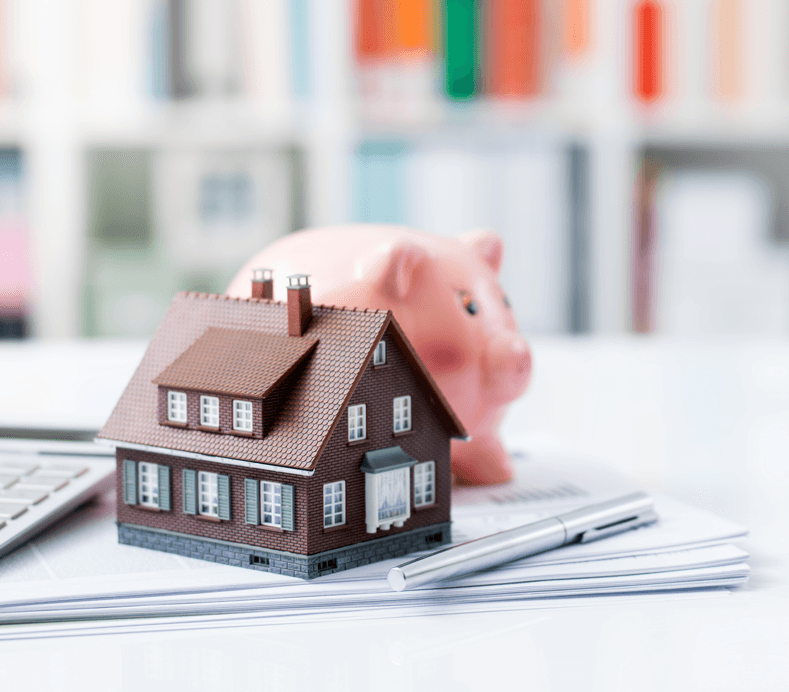 Pro: Lower Monthly Payments
Pro: Lower Monthly Payments
When you make a higher down payment, you take on a smaller mortgage. Your monthly payments could be hundreds of dollars less. That makes it easier to afford your home even when your financial situation changes. You also end up paying less overall interest on your mortgage even with the same interest rate.
Con: Less Money for Moving Costs
Making a larger down payment will decrease your long-term costs, but it can cause a short-term financial crunch if you’re putting your savings into your new home. When you move into your home, you probably want the freedom of buying a few extra things to make it feel special. You might not be able to do that if you pay a lot toward the down payment.
Pro: Avoiding Private Mortgage Insurance
We briefly mentioned that once you put down 20%, you’re able to avoid paying mortgage insurance. This type of insurance is put in place to protect the bank should you ever default on your mortgage loan. Some mortgages allow you to remove the mortgage insurance once you reach 20% equity, but others require you to pay it for the duration of the loan. While the added expense varies depending on the cost of your home, you can expect it to add at least $50 to your monthly mortgage payment.
Con: Increased Time to Save
It takes time to save up a down payment. Many people budget a few hundred dollars each month and patiently wait until they have enough. Focusing on paying a larger down payment can mean waiting an extra year or more before buying a home. This is time spent not building up equity, so it’s important to think about whether or not that’s worth it.
Pro: More Equity in the Home
People often forget to think about what the down payment means. When you put 5% down on your home, you “own” 5% of the home. The bank “owns” the other 95%. Paying a larger amount will increase the equity you have in your home. This is a big deal because a large portion of the monthly mortgage payment in the first years of homeownership goes toward interest, not the principal balance.
After a year of making payments, you’ll only increase your equity by a few thousand dollars even though you paid more than $10,000. The additional equity from a larger down payment could come in handy in a few years if you want to take out a home equity loan.
Con: Money Tied Into Equity
Some people see greater equity as a negative point. When your money is tied up into something like a home, it’s hard to access it for the other things you might need or want, like a vacation or money for car repairs. You’re also not able to invest money that’s tied up in equity, though you could eventually earn returns on that money. If you prefer to have money readily available, a lower down payment may be the right choice for you.
 Pro: Better Budgeting Options
Pro: Better Budgeting Options
If you have a lot of money saved up for your down payment, you won’t have to worry as much about keeping your home’s price within a certain budget. For instance, if you are planning a 5% down payment and you have $15,000 saved up, you’ll have to keep your home within a $300,000 budget, and that might mean making sacrifices. On the other hand, if you had $50,000 for the down payment, you could afford to put 16% down on a $300,000 home. Alternatively, you could add a $30,000 upgrade and still have 15% for your down payment.
Some people also use that extra money to pay for mortgage points. Paying points allows you to decrease the interest rate on your loan, resulting in a lower monthly payment and less interest overall. Talk to your mortgage lender about this type of option.
Con: Temptations Abound
Having that extra money could also be too tempting. Rather than use the $50,000 as a 16% down payment on a $300,000 home, you might select so many upgrades that you end up with only 10% to put down on a $500,000 home. There would be about a $1,000 difference in your mortgage payment on those two types of homes. If you have extra money, you have to be smart about using it.
Paying a larger down payment is often a good choice, but it shouldn’t be at the expense of your other finances. If you have enough money that you can afford the larger down payment while still having enough money for closing costs and a sizable emergency fund to help you weather any storms, go ahead and increase your down payment. If paying more will stretch your finances to the limit, consider sticking with the lower payment.
{{cta(‘bc13fff9-06a5-4a00-840e-e1dc7bad40a3′,’justifycenter’)}}
